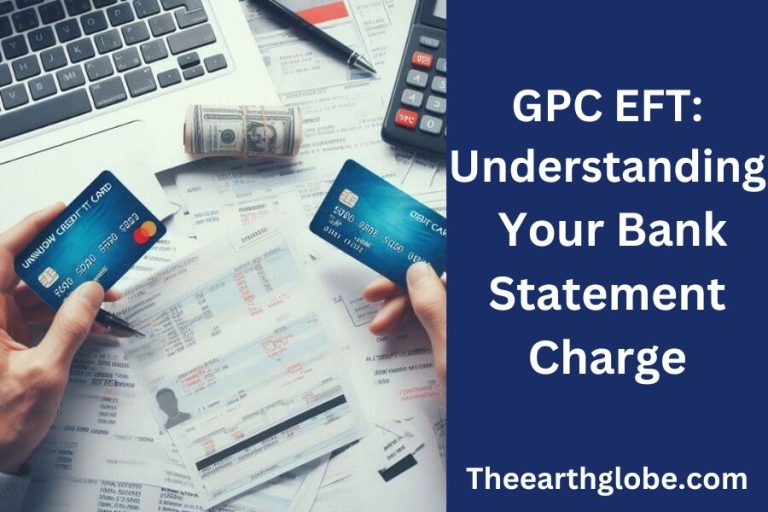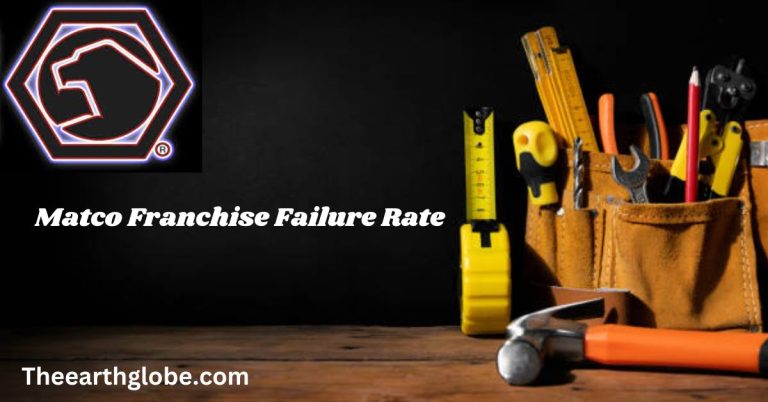6 Steps to Choosing the Right Conveyancing Company
Like a good real estate agent, a good conveyancer or solicitor is essential when purchasing or selling a house. A conveyancer will evaluate documents, transfer ownership, and handle payments for your property purchase. But with so many alternatives, how do you choose?
Our short guide today will explore six recommendations to help you choose a conveyancer.
What is a conveyancer?
Conveyors are licensed property transfer specialists who handle the legal transfer of property ownership. They handle settlement forms, property transaction searches, and other tasks to ensure a smooth transfer. Australian states must licence them and typically hold a legal degree or VET qualification. They play a crucial role in the settlement process.
Six tips for selecting a competent conveyancer
- Check credentials and experience
Ensure a conveyancer with state-mandated qualifications, experience, and competence. They have the legal right to represent you and can handle procedural difficulties, ensuring confidence in handling unexpected challenges and safeguarding your interests.
- Ask appropriate questions
How to choose a competent conveyancer includes asking the proper questions. Ask a conveyancing solicitor about their experience, pricing, and motives. Find out if they specialise in a property type or know the transaction procedure broadly. Ask about communication and settlement processes—how they work, how much they cost, and what to expect next.
- Examine their communication skills
A professional conveyancer should thoroughly explain the transaction and settlement process, even if you’re not a lawyer. They should also address your questions and concerns. It may be better to find someone else if they use legal language or don’t listen. Your conveyancer will also contact real estate agents and lenders. Ensure your representative has the abilities and expertise to represent you and your family.
- Focus on local knowledge
State conveyancing laws and charges differ. Local conveyancers might be helpful because they know the area, real estate market, and legislation. This saves time and money and ensures a seamless operation.
- Check the conveyancer’s reputation
Not sure how to pick a conveyancer? Review client testimonies to assess the conveyancer’s reputation. If the conveyancer has a lot of favourable feedback, they’ll do well for you. Avoid them if they have many unfavourable reviews.
- Note their dependability
The final factor in choosing a conveyancer is their reliability and communication. You want someone who will honour your agreement and keep you updated. They keep their word when they say they’ll have a paper or contract for you on a specified day or time. To ensure your property purchase goes well, you need a reliable conveyancer.
You may now choose a good conveyancer
Whether you’re buying or selling, call a conveyancer early. Why? Choosing a conveyancer or solicitor is crucial and will affect your property transfer. Following the six guidelines above will help you choose a conveyancing solicitor who will make your home transaction as easy as possible.
After learning how to pick a conveyancer, start researching. Contact a trustworthy and competent conveyancer. Ownit Conveyancer in Bundaberg, for example, strives to simplify property purchases, sales, and transfers. Their expertise can simplify the legal parts of your property sale.







